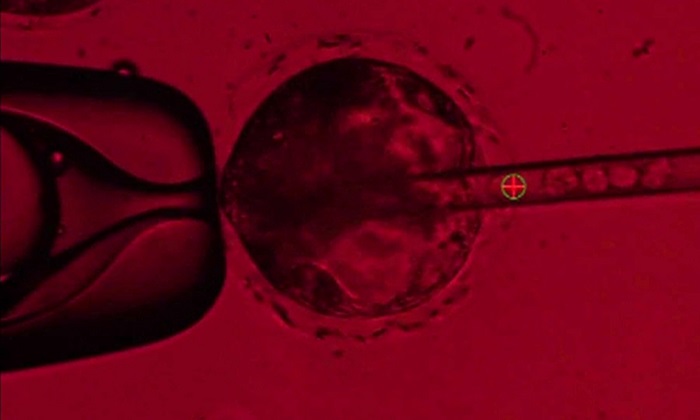They believe that the animals, which would have a human internal organ, may look and behave like any other pig and could be a ready source of organs for life-saving transplants.
It was reported earlier this year that scientists had begun attempts to create the embryos but there has been opposition from authorities. In September last year, the US National Institutes of Health said it would not back research into so-called chimeras until it knew more about the implications.
It cited fears that the presence of human cells could affect the animal’s brain and behaviour, potentially making it more human. Prof Pablo Ross, the reproductive biologist leading the research, sought to calm those fears, saying that there was a “very low potential for a human brain to grow”.
Peter Stevenson, from Compassion in World Farming, told the BBC’s Panorama programme: “I’m nervous about opening up a new source of animal suffering. Let’s first get many more people to donate organs.
“If there is still a shortage after that, we can consider using pigs, but on the basis that we eat less meat so that there is no overall increase in the number of pigs being used for human purposes.”
But Prof Ross said: “Our hope is that this pig embryo will develop normally but the pancreas will be made almost exclusively out of human cells and could be compatible with a patient for transplantation.”
A pig was said to be an “ideal incubator” for human organs and Walter Low, a professor in the department of neurosurgery, University of Minnesota, told the BBC that researchers wanted to create not just a pancreas – the current focus – but also hearts, livers, kidneys, lungs and corneas.
Prof George Church, who has led similar research into the possible use of chimeras, told the broadcaster: “It opens up the possibility of not just transplantation from pigs to humans but the whole idea that a pig organ is perfectible.
“Gene editing could ensure the organs are very clean, available on demand and healthy, so they could be superior to human donor organs.”
More about:
















































